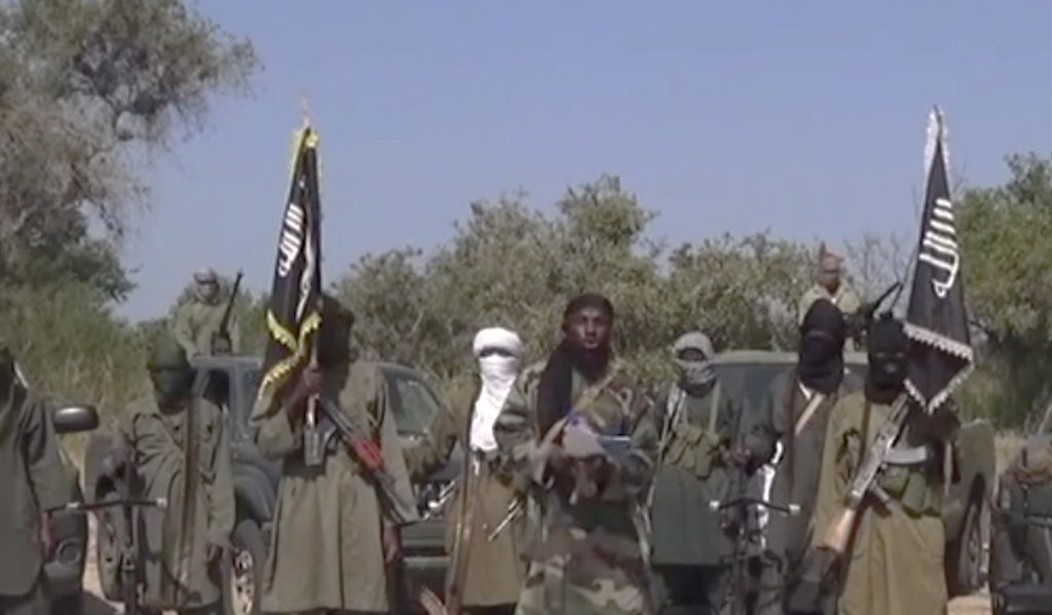Sri Lanka: President Mahinda Rajapaksa conceded defeat early on 9 January after election returns showed that the opposition candidate would achieve a clear majority in first round voting. Sri Lanka's next President will be Maithripala Sirisena, the former Health Minister in Rajapaksa's government. Rajapaksa promised a smooth transition.
Comment: Rajapaksa seemed assured of an easy victory in November when he called for snap elections. His six year term of office still had two more years. His loss is the result of his own political miscalculations.
The high voter turnout among Sri Lanka's minorities - especially the Tamils - helped swing the outcome in Sirisena's favor. The election occurred with no major incidents, which surprised some observers because Sri Lankan elections usually feature significant violence and killings. Only one death related to election violence was reported.
The larger significance of the vote is difficult to judge because Sirisena had support from the establishment Sinhalese political elite, including the Bandaranayke family. His election is more of a restoration than a revolution. Most analysts said he did not court the minorities, but ran mostly against corruption and Rajapaksa's increased authoritarian practices, six years after the end of the civil war. His strong arm tactics reportedly disaffected the old Sinhalese political families.
The high Tamil turnout suggests Indian interests, especially in India's Tamil Nadu State across the Palk Strait, preferred Sirisena over Rajapaksa. Indian relations should improve.
Chinese interests will suffer a setback. Under Rajapaksa, Chinese investments flourished and presence expanded. They made his family and cronies rich. Sirisena has vowed to re-examine relations with China, especially the Chinese project to expand Colombo port, where a Chinese submarine docked without warning last September.
Recommended
Rajapaksa followers dominate parliament and would block Sirisena's initiatives. That is why he announced that he will dissolve parliament in the next 100 days and call for new elections aimed at restoring parliamentary government. Some analysts predict violent protests. The peaceful conduct of the election is a positive sign, but police will remain on alert.
Cameroon: Today, President Paul Biya requested international assistance in combatting Boko Haram. He took this action in response to Boko Haram's threat posted on YouTube on Wednesday that promised increased attacks against Cameroon.
Boko Haram leader Abubakar Shekau sad, "Oh Paul Biya, if you don't stop this, your evil plot, you will taste what has befallen Nigeria ... Your troops cannot do anything to us."
Comment: Boko Haram has used forests on the Cameroonian border for safe haven. Thus, there is an element of bluff in Shekau's latest rant. Nevertheless, the threat is serious because Cameroonian forces have bloodied Boko Haram in the past month.
Nigeria: Boko Haram militants killed dozens of people and burned down homes in Baga in the past two days, in a second killing spree since seizing control there over the weekend.
Two locals said the Islamist insurgents began shooting indiscriminately and burning buildings on Tuesday evening in raids on the civilian population that carried on into Wednesday
The district head of Baga, Abba Hassan, said on Thursday that at least 100 people were killed when the group first took over the town. There is no casualty count from the second attack.
Comment: Apparently the Multi-National Joint Task Force no longer exists. Nigeria is incapable of protecting its citizens in the north and northeast. The incompetence of the security forces and of the national leadership is leading to the breakup of the country, for the second time since 1960.
End of NightWatch
###
NightWatch is brought to readers of Townhall Finance by Kforce Government Solutions, Inc. (KGS), a leader in government problem-solving, Data Confidence® and intelligence. Views and opinions expressed in NightWatch are solely those of the author, and do not necessarily represent those of KGS, its management, or affiliates.
A Member of AFCEA International

























Join the conversation as a VIP Member